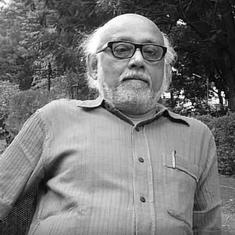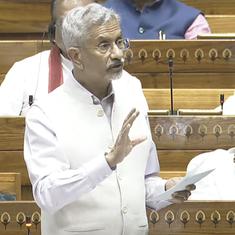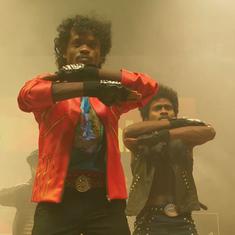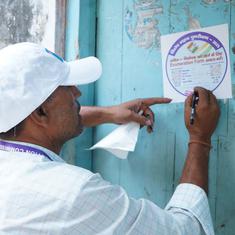Election Commission says it did not ask tax department to serve notice to NCP chief Sharad Pawar
The poll body’s clarification came a day after Pawar claimed at a press conference that he had been asked to clarify his election affidavits.

The Election Commission of India on Wednesday dismissed speculation that it had directed income tax authorities to serve a notice to Nationalist Congress Party President Sharad Pawar. The senior leader had said on Tuesday that he had been given the notice, which asked for clarification about his election affidavits in the past.
“In some sections of [the] media it has been reported that Income Tax notice has been issued to Shri Sharad Pawar, Member of Parliament on the directions of Election Commission of India,” the poll body said in a statement. “In this context, it is stated that Election Commission of India has not issued any such direction to CBDT [Central Board of Direct Taxation] to issue notice to Shri Pawar.”
No Directions from ECI to CBDT wrt IT notice to Sharad Pawar https://t.co/zImYpVmLrF
— Sheyphali Sharan (@SpokespersonECI) September 23, 2020
The income tax department had also reportedly served notices to NCP leader and Pawar’s daughter Supriya Sule, Maharashtra Chief Minister Uddhav Thackeray and his son and minister Aaditya Thackeray.
The four leaders were said to have been served the notices after the Election Commission of India reminded the Central Board of Direct Taxes of its request to investigate allegations that Thackeray, his son and Sule had filed false affidavits. The request had been made a month ago.
Pawar had accused the Centre of targeting Opposition leaders by sending them the notices. “They [the central government] love some people,” Pawar had said at a press conference. He had added that the notices were served for the elections in 2009, 2014 and 2019, and that he will reply to them soon.
He had also expressed solidarity with the eight Rajya Sabha MPs, who were suspended from the House on Sunday for their “unruly behaviour” while protesting against the government’s farm bills. “I will not eat anything today in solidarity with the protesting members,” Pawar, who is also a Rajya Sabha member had said.
The NCP leader had also questioned the way in which the bills were passed. “I have never seen bills being passed like this,” he had said. “They [the Centre] wanted to pass these bills soon. Members had questions regarding the bill. Prima facie it seems like they did not want a discussion.When members did not get a response they came into the well.”









